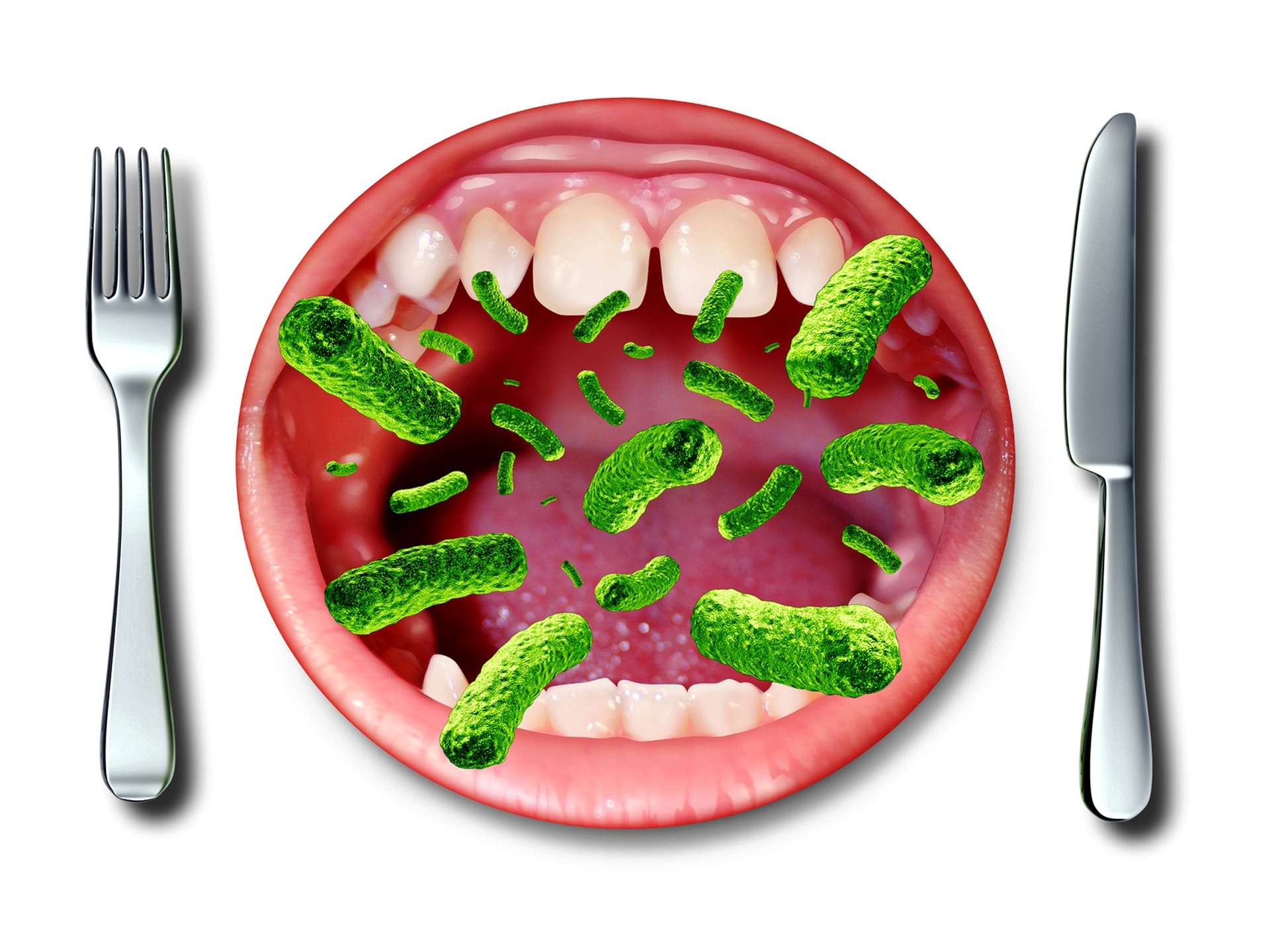Causative & risk factors
Causative organism of listeriosis is Listeria monocytogenes. Infection in humans occurs after consuming contaminated food, unpasteurized milk or eating the meat of infected animals. Transmission can also occur from mother to fetus.
Risk of infection is higher in newborns, pregnant women, elderly people and those with weak immune system.
Clinical presentation
Some patients with listeriosis may remain asymptomatic. The symptoms of diarrhea include fever, nausea, muscle pain and diarrhea.
If the nervous system is affected, the symptoms produced are head pain, loss of balance, confusion, neck stiffness and convulsions.
Pregnant women may develop fever, fatigue, body aches and may develop complications during pregnancy. They may suffer from premature labor, miscarriage or stillbirth.
Investigations
Based upon your symptoms your doctor will order blood and spinal fluid examination for Listeria monocytogenes, to confirm the diagnosis of listeriosis.
Treatment
Treatment will depend upon the severity of the infection. Asymptomatic cases or those with mild symptoms do not require any treatment. Symptomatic cases are treated with antibiotic therapy.






























